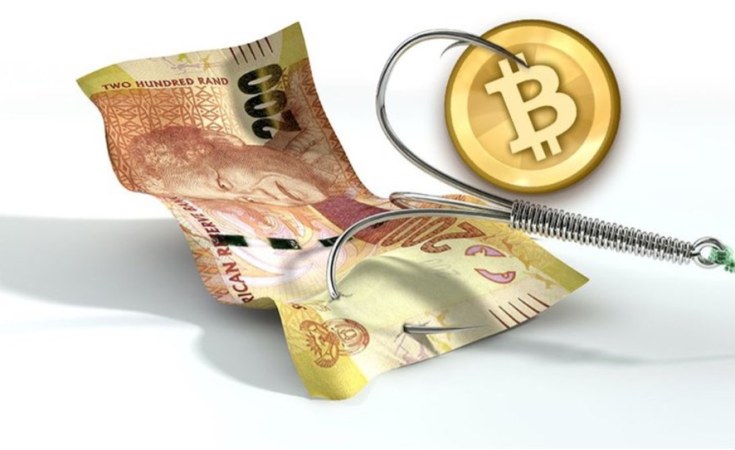The increasing popularity and use of cryptocurrency in Africa are making applause all around the world. Gone are the times when Africa was far behind in the race of making valuable financial assets but today it revolves around the top position in reaching heights in profit by trading cryptocurrency.
This sudden spike of interest and use in cryptocurrency has awakened the acknowledged South African Revenue Service (SARS) to tax cryptocurrency in Africa. You might have heard of the recent taxing policy of cryptocurrency especially in the USA but this news created massive hype and tension among the cryptocurrency market.
It has not been very long since Africans have started taking an interest and trusting in cryptocurrency while making huge assets out of it. But, this taxing news has made nearly every crypto investor wonder if cryptocurrency is soon to be becoming the traditional currency.
In the recent paper issued by SARS, it is clearly mentioned that the cryptocurrency doesn’t fall within the ambit of its regulatory compliance; hence inclining to be taxed. This announcement clearly depicts that this decentralized convertible digital currency is now pretty close to be controlled by the government and receive third-party interference.
From trading cryptocurrency and earning profit to storing it in safe wallets, this taxing rule is today implied in every aspect of dealing with cryptocurrency. With that being said, here are some more reasons that will help you comprehend whether you have to pay for cryptocurrency in Africa.
South African Revenue Service also commonly known as SAARS is responsible for the buying and selling of cryptocurrency. Not only has this but they also held the power to make rules such as this taxing on the cryptocurrency with complying with Capital Gains Tax (CGT).
Today, SARS take a deep interest in the country’s financial status and the ways in which locals spend their money. In the cryptocurrency scenario, SAARS is planning to eat a huge sum of the money earned by trading today’s highly profitable assets.
Regardless of the extensive cryptocurrency use in Africa, it is still considered an illegal digital currency or intangible asset to buy, sell, store or exchange. That’s why any share of profit by dealing with these cryptocurrency aspects deserves to be taxed by either the government or any middlemen who take comparatively less tax.
However, SARS has excellently organized data of the daily traded cryptocurrencies and the accurate amount of tax is subjected to the worth of the traded cryptocurrencies. Besides, as per the strict rules by SAARC, you’re highly restricted to declare all the crypto income to Rands (ZAR) to expect professional help, security, and protections in bad times.
With paying considerable amounts to the transaction and cryptocurrency exchange service, you must put aside a specific tax amount to save yourself from last-minute problems like interests and penalties. This taxation of cryptocurrencies was initially followed by several discussions, publications, and finally reaching the conclusion of making it mandatory to pay taxes with cryptocurrency in Africa.
In this light, numerous famous African offshore cryptocurrency exchanges and companies are looking forward to shaking hands with SAARS and finding ways that cost them zero or minimum with whole profit going into their pockets. Many of them also find moving their crypto from African’s residence to any crypto tax-free country.
Conclusion:
Whether you have started trading a low-value Litecoin or today’s highest profitable bitcoin, paying taxes on your virtual currency can make you look for other money-investing options. However, the Bitcoin Digital App is an online platform with countless bitcoin users to help with your bitcoin journey and save it from paying heavy unnecessary taxes to the government. At the end, it’s easy to conclude that you will definitely have to pay taxes every month from now onwards.


